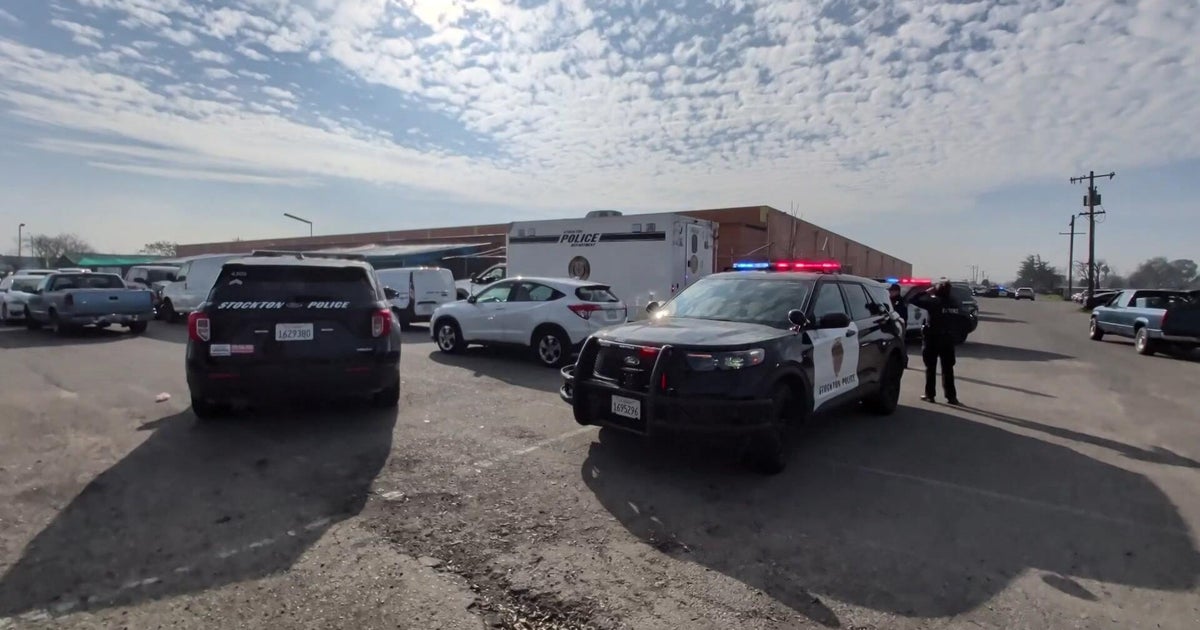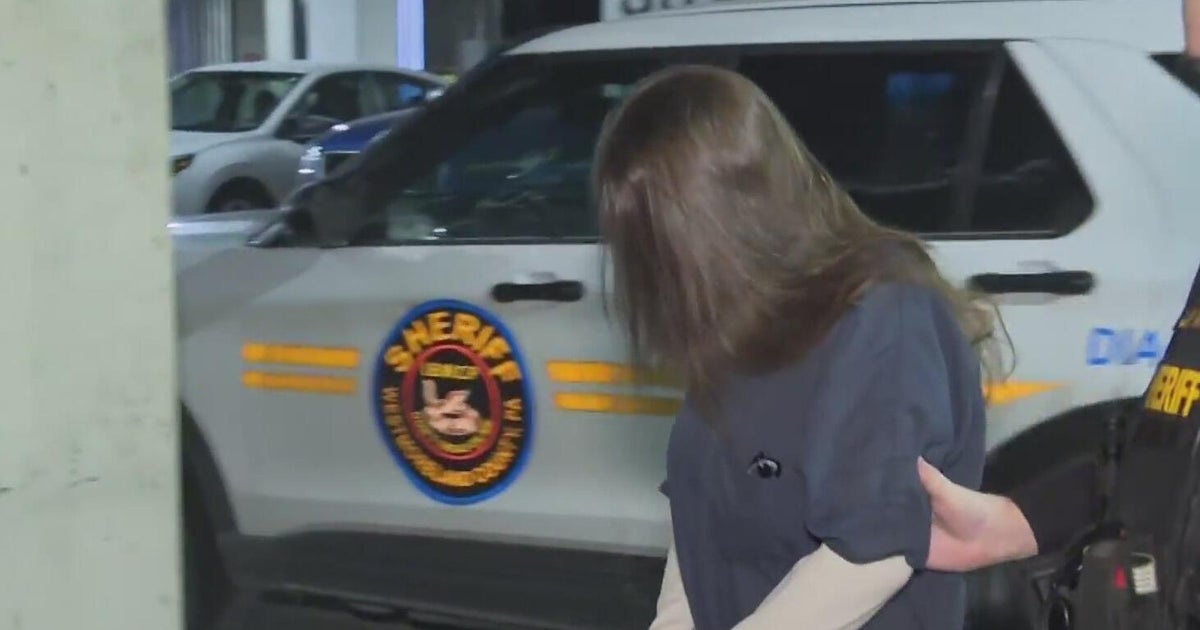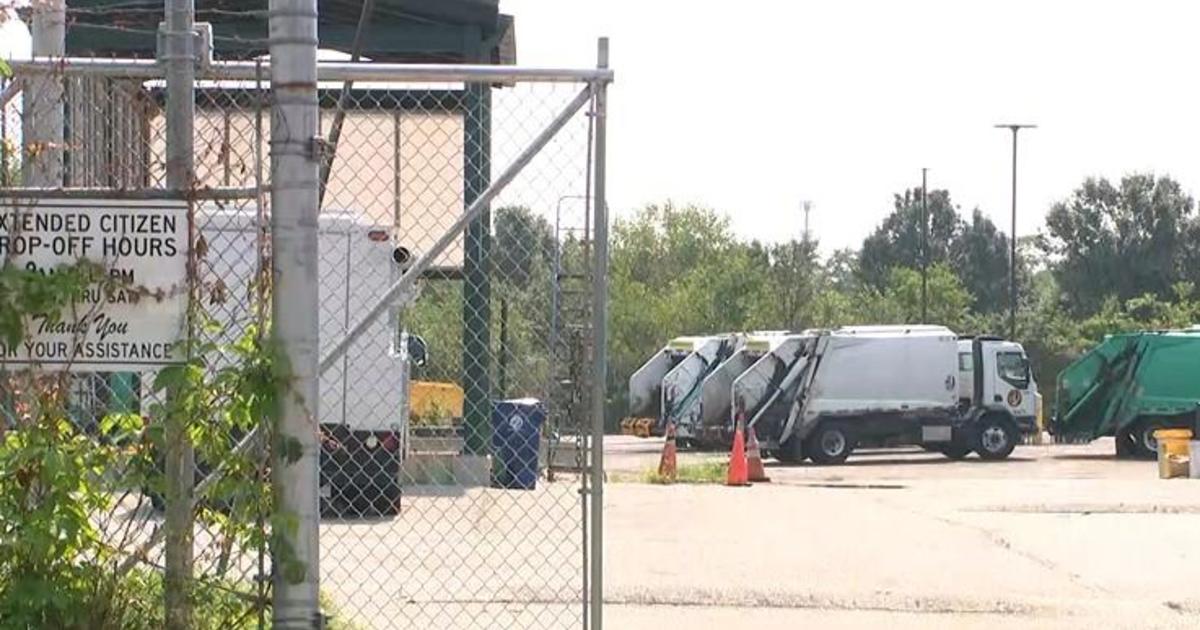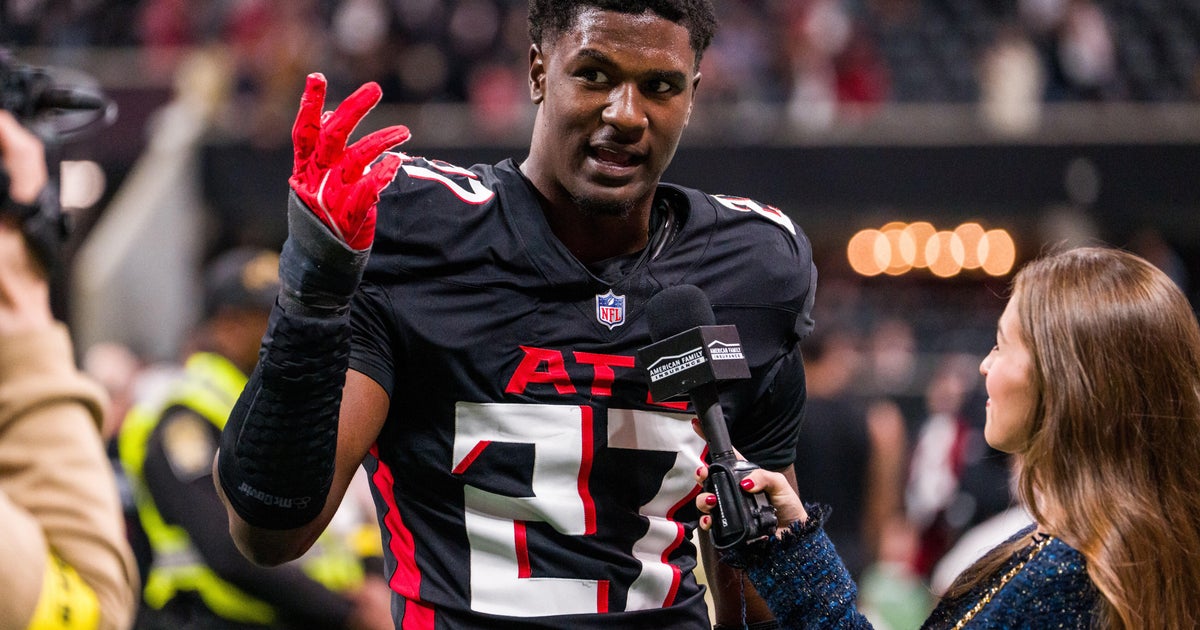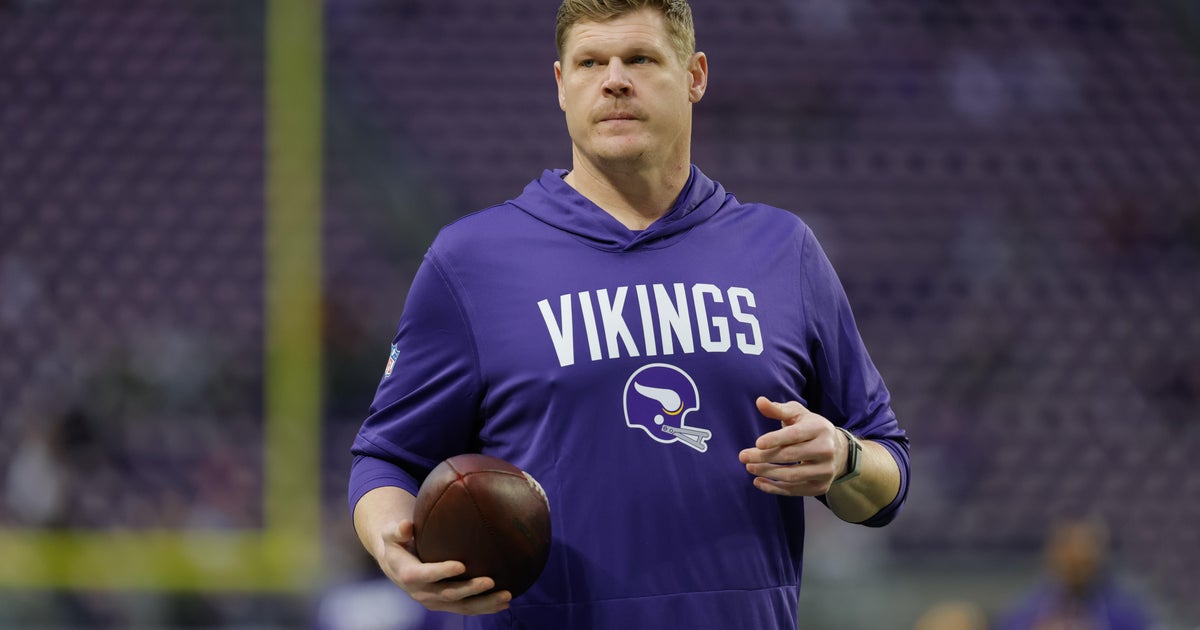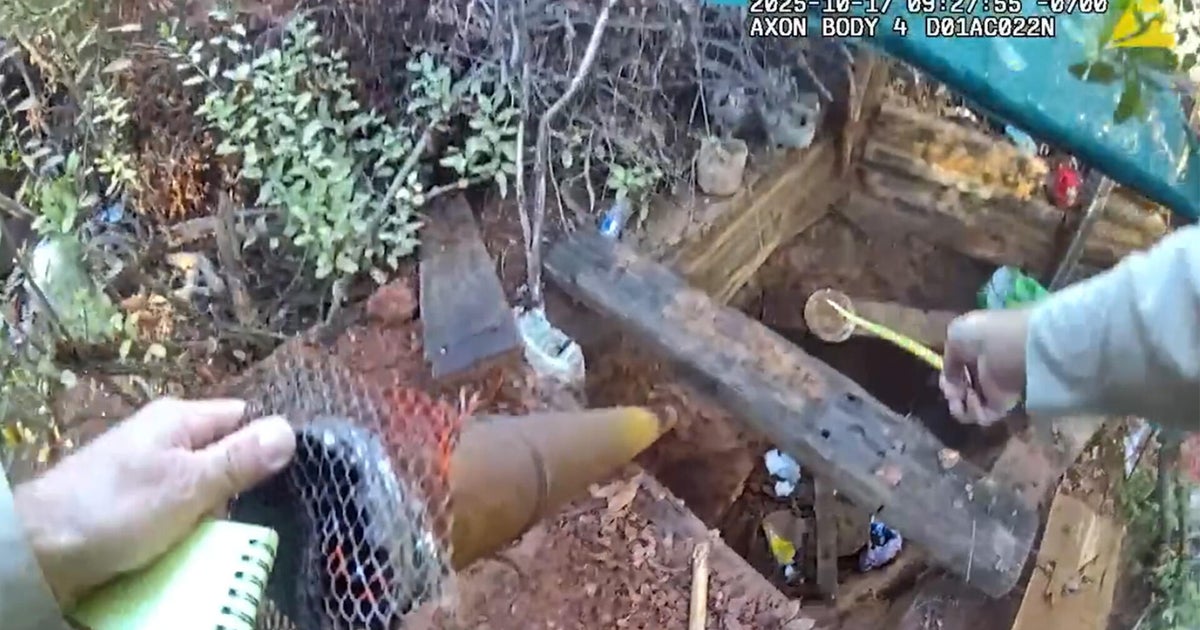NCAA Alleges UM Ignored Problems W/ Shapiro
CORAL GABLES, Fla. (AP) — The NCAA is asking if Miami ignored evidence that the former booster at the center of this scandal was providing impermissible benefits Hurricanes' athletes, coaches or recruits, said a person familiar with the situation.
The Hurricanes want the case against them thrown out altogether.
The NCAA is alleging that some Miami officials essentially looked the other way when presented with evidence of booster Nevin Shapiro's wrongdoing — the heart of the lack of "institutional control" charge, the person told The Associated Press Friday. The person spoke on condition of anonymity because specifics related to that part of the notice of allegations against the Hurricanes have not been publicly revealed.
Miami could file paperwork as soon as Friday to the NCAA requesting the case be dismissed. It's unclear if the NCAA's Committee on Infractions has the ability to dismiss the case before a hearing.
The NCAA, according to the person, has asked Miami to detail whether or not it hired a private investigator to look into Shapiro's business dealings between 2002 and 2005, records of a meeting between at least one athletics department official and Shapiro in 2003, and the findings of a study the school conducted with regard to Shapiro in 2006.
Miami has also been asked to provide copies of certain email exchanges that were about Shapiro, including one from 2008 that was sent to at least one member of the Atlantic Coast Conference's staff.
The NCAA has asked Miami to answer those questions, and others, in its response to the notice of allegations. That response will be sent prior to the planned hearing on the Miami charges, scheduled to begin June 14.
"When put on notice of potential issues with Shapiro's involvement ... the institution failed to limit Shapiro's access or implement any additional monitoring related to Shapiro," the NCAA alleged in the notice of allegations, delivered last month and details of which were shared with AP. "This lack of oversight created an environment in which Shapiro was able to have impermissible contact."
Meanwhile, Miami is continuing to stand firm in its belief that its self-imposed sanctions are enough punishment for any wrongdoing.
Email exchanges, obtained by The AP and first reported by The Miami Herald, showed this week that an investigator the NCAA used in the Miami case — Stephanie Hannah, a 20-year NCAA veteran who replaced Ameen Najjar, who was fired — asked Shapiro's lawyer, Maria Elena Perez, to extract information damaging to the university from his bodyguard, Mario Sanchez.
Those details were not included in the review that the NCAA ordered earlier this year about its own accountability in the Miami investigation, which has dragged on since the spring of 2010. And those details would seem to support Miami's assertion that the NCAA overstepped its bounds during the probe.
It's clear that the rift between Miami and the NCAA is growing and becoming more complex each day, especially after the details of some questionable NCAA investigating tactics have come to light in recent weeks. One member of the NCAA's committee on infractions, however, said anything written and said before that hearing in June simply would not matter when it's time to decide what penalties, if any, should be assessed against Miami.
"You may find this surprising, but I have a practice and it doesn't matter if it's Miami, Southern Cal, Georgia Tech, you name the school," committee member Christopher Griffin said in a recent interview with AP. "If I am watching television and a report comes on about allegations of violations of NCAA rules, I immediately change the channel. If I'm reading a newspaper and a headline tips me off that that article is going to address violations of NCAA bylaws, I don't read the article."
Miami President Donna Shalala said she would fight any additional penalties, and now the Hurricanes are asking why a hearing is even needed.
The NCAA has acknowledged some missteps related to how it conducted the investigation, many of which revolve around the relationship that those who were working on the Miami case forged with Perez. She used subpoena power — a tool the NCAA does not have — to depose witnesses that the NCAA wanted to talk to, even getting a list of questions from former investigators to use in those sessions.
The NCAA reached out to Perez in October 2011, with emails from Najjar, the former investigator, clearly showing that the NCAA knew deposing witnesses like former Miami equipment manager Sean Allen, former Shapiro business partner Michael Huyghue and Sanchez was "outside the NCAA's jurisdiction."
Perez is now under investigation by the Florida Bar.
Shapiro has said he provided dozens of Miami athletes, coaches and recruits with benefits from 2002 through 2010. The AP reported last month that the NCAA, in the notice of allegations, said Shapiro was responsible for providing about $170,000 in impermissible benefits ranging to diamond-studded dog tags to used washing machines to fast-food meals.
Shapiro is serving a 20-year prison term for masterminding a $930 million Ponzi scheme.
Copyright 2013 The Associated Press

